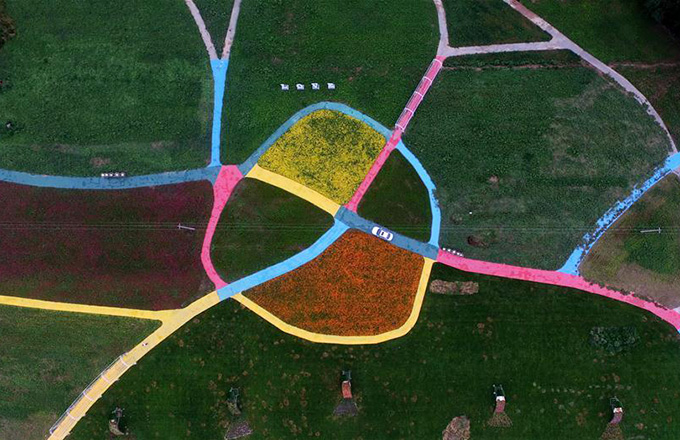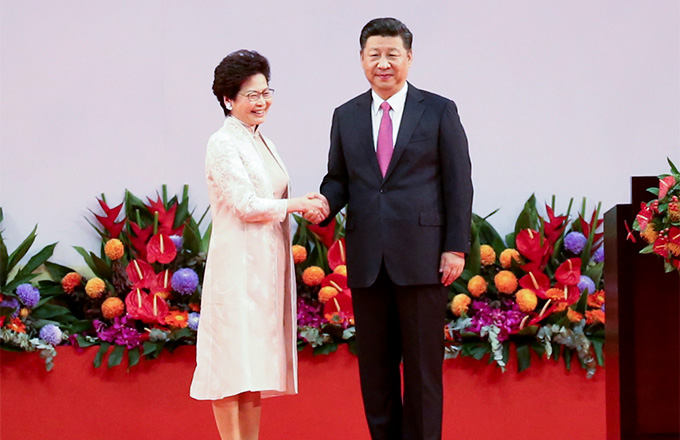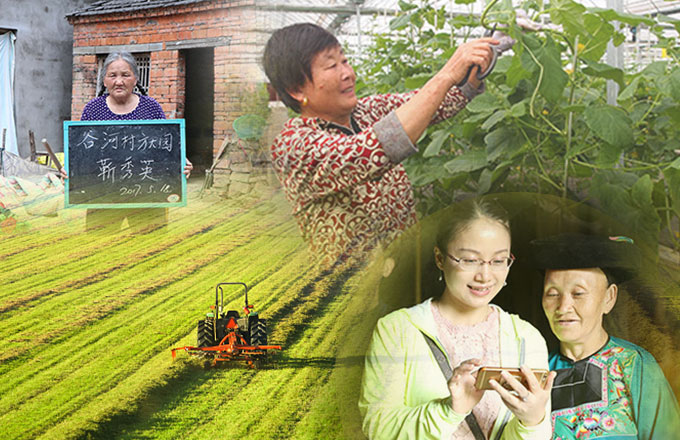Chinese president calls for 'every possible effort' to solve grievances of petitioners
BEIJING -- Chinese President Xi Jinping has urged officials to make "every possible effort" to solve public grievances.
He said officials must treat the handling of public petitions as important work in keeping abreast of public events, pooling people's wisdom, protecting the public interest and improving social solidarity.
Xi, also general secretary of the Communist Party of China (CPC) Central Committee, made the remarks in a written instruction conveyed to the eighth national conference on petition work, which was held in Beijing on Tuesday and Wednesday.
He urged Party committees, government agencies and officials to handle people's legitimate appeals lawfully, in timely fashion and in the local areas, address the root causes of issues, and build a stronger grassroots system.
The construction of the legal institutions and related systems for addressing public petitions should be improved, Xi said, calling for efforts to make petition work more forward-looking, systematic and targeted.
Speaking highly of petition work in recent years, the president said those handling petitions have helped solve large numbers of problems concerning the immediate interests of the people and played an important role in safeguarding the country's reform, development and stability.
Xi ordered Party committees to enhance leadership over the work, show support and care for those handling petitions, and build a high-quality team that are loyal to the Party, dedicated to serving the people and good at working with the general public.
At the two-day event, model individuals and units were awarded for their contribution to the work and certificates of merit were presented to those who had handled petitions for more than 25 years.
China has established a system to handle appeals and petitions from the public, including citizens seeking government redress in cases ranging from illegal land acquisition, social security, education, to healthcare and environmental protection.
China unveiled a set of reforms on the petition system in 2014, vowing to expand petition channels to facilitate public grievances, punish officials for malpractice and promote rule of law in handling petition cases.
As the reform has gone deep, remarkable progress has been made in the petition work in the past three years, with a steady drop in the number of petitions and improved public trust in the work.
Petitioners now have a variety of channels to file petitions, through hotlines, WeChat, mobile apps and other online formats. They can inquire and follow the development of their cases and give feedback on the handling by local petition departments.
According to guidelines issued by Chinese authorities in early 2014, officials are required to accept petitions in a face-to-face manner at intervals ranging from one day in six months for provincial-level officials and one day every week at township-level.
Those found to have showed indifference or hampered people's interests in petition handling, refusing or delaying petitions, will be seriously punished.
Local governments also improved the assessment of officials regarding the handling of petitions, by placing more stock in the effectiveness of settlements and petitioners' satisfaction with their cases.
To promote rule of law in handling petition cases, Chinese authorities issued another regulation that defines the responsibilities of the Party and state organs in handling petitions in October 2016.
Such agencies should ensure sufficient funding and personnel for dealing with petition letters and visits, and work to prevent and reduce conflicts that result in petitions, according to the regulation.
It highlighted supervision over the handling of petitions, stating that agencies should conduct at least one relevant annual inspection accordingly.
Officials will be held accountable if improper decision-making or neglect of duty cause major petition incidents or damage people's interests. Senior supervisors will undertake joint liability if their subordinates harm other people's interests.


























